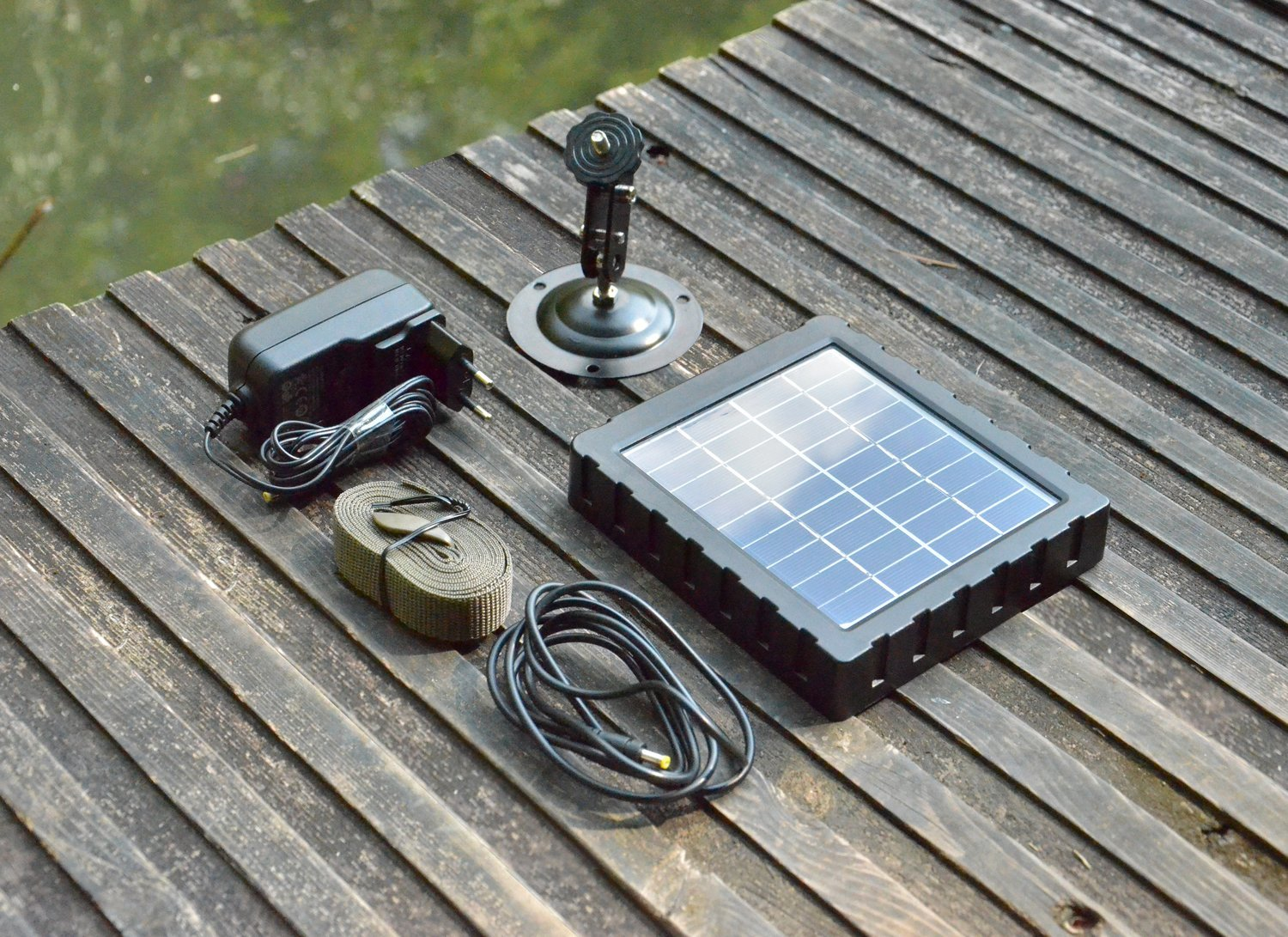Introduction to Solar-Powered Trail Cameras

Solar-powered trail cameras represent an innovative approach to outdoor surveillance and wildlife monitoring. Unlike conventional trail cameras that rely on disposable batteries, these cutting-edge devices harness the power of the sun to ensure prolonged and sustainable operation in remote locations. The integration of solar technology addresses the challenges posed by power constraints, making these cameras ideal for long-term deployments in the wilderness.
Basic Components

The fundamental components of solar-powered trail cameras encompass a range of sophisticated technologies. These include a high-resolution camera lens, advanced image sensor, motion detection sensor, internal storage, and, most importantly, a solar panel. The solar panel serves as the primary source of power, capturing sunlight and converting it into electrical energy to fuel the camera's various functions.
Solar Panel Technology

The solar panel employed in these cameras is typically constructed using photovoltaic (PV) technology. This technology relies on semiconductor materials that generate an electric current when exposed to sunlight. The panel's efficiency in converting solar energy is a critical factor in ensuring that the camera receives a consistent and reliable power supply for its operations.
Energy Storage

To ensure continuous functionality during periods of low light or darkness, solar-powered trail cameras are equipped with rechargeable batteries or battery packs. These batteries serve as reservoirs for the energy harvested by the solar panel, storing it for later use. The design of efficient energy storage solutions is essential for sustaining camera operations and minimizing downtime.
Power Management and Efficiency

Sophisticated power management systems play a pivotal role in maximizing the efficiency of solar-powered trail cameras. These systems encompass a range of strategies, including the use of low-power components, intelligent sleep modes, and optimized algorithms for capturing and storing images. Such features contribute to extending the operational life of the camera between solar recharges.
Motion Sensors and Trigger Mechanism

One of the key functionalities of trail cameras is their ability to capture images or record videos upon detecting motion. Solar-powered trail cameras incorporate advanced motion sensors that efficiently detect movement within the camera's field of view. The trigger mechanism, activated by these sensors, ensures that the camera only operates when necessary, conserving energy resources.
Wireless Connectivity

Modern solar-powered trail cameras often come equipped with wireless connectivity options, enhancing their usability and functionality. This may include Wi-Fi, Bluetooth, or even cellular connectivity, enabling users to remotely access captured images or videos. The integration of such features is carefully designed to operate efficiently without excessively draining the camera's power reserves.
Environmental Impact and Sustainability

Beyond their technological prowess, solar-powered trail cameras contribute to environmental sustainability. The reliance on solar energy reduces the need for disposable batteries, minimizing the ecological footprint associated with traditional battery-operated devices. The eco-friendly design aligns with conservation efforts, making solar-powered trail cameras a responsible choice for prolonged deployment in outdoor settings.




Leave a comment
This site is protected by hCaptcha and the hCaptcha Privacy Policy and Terms of Service apply.